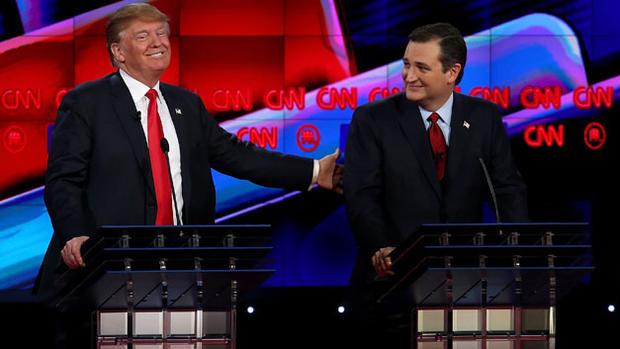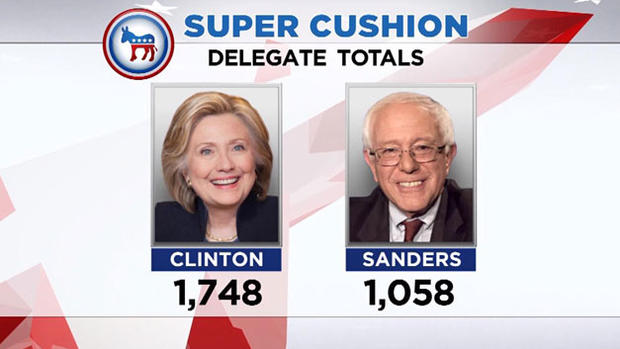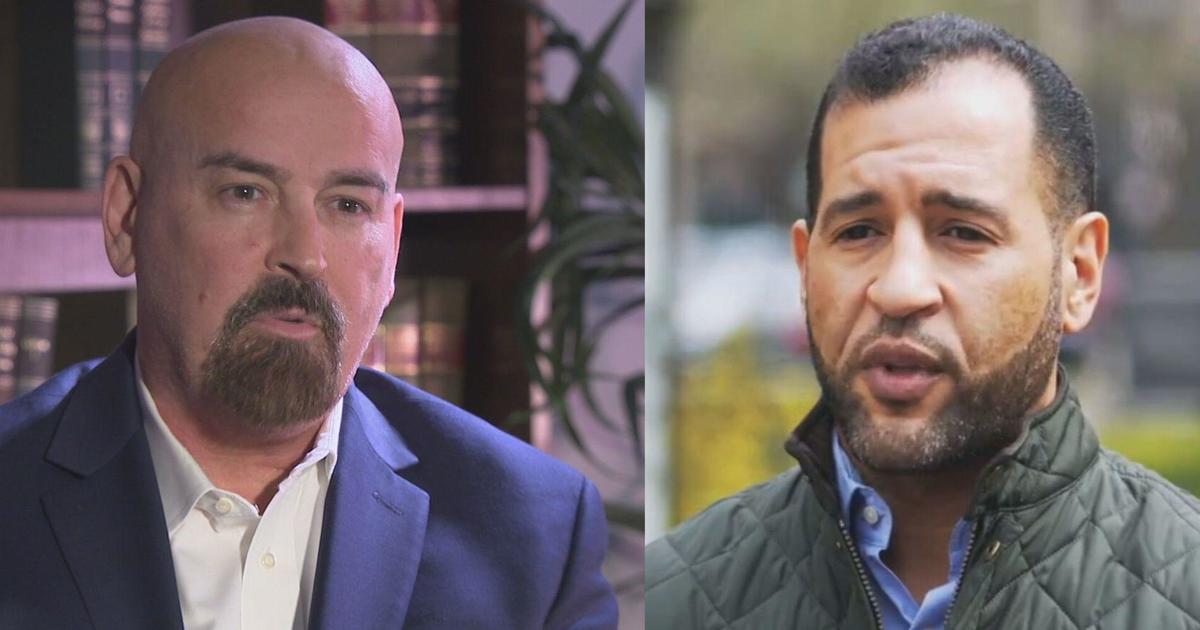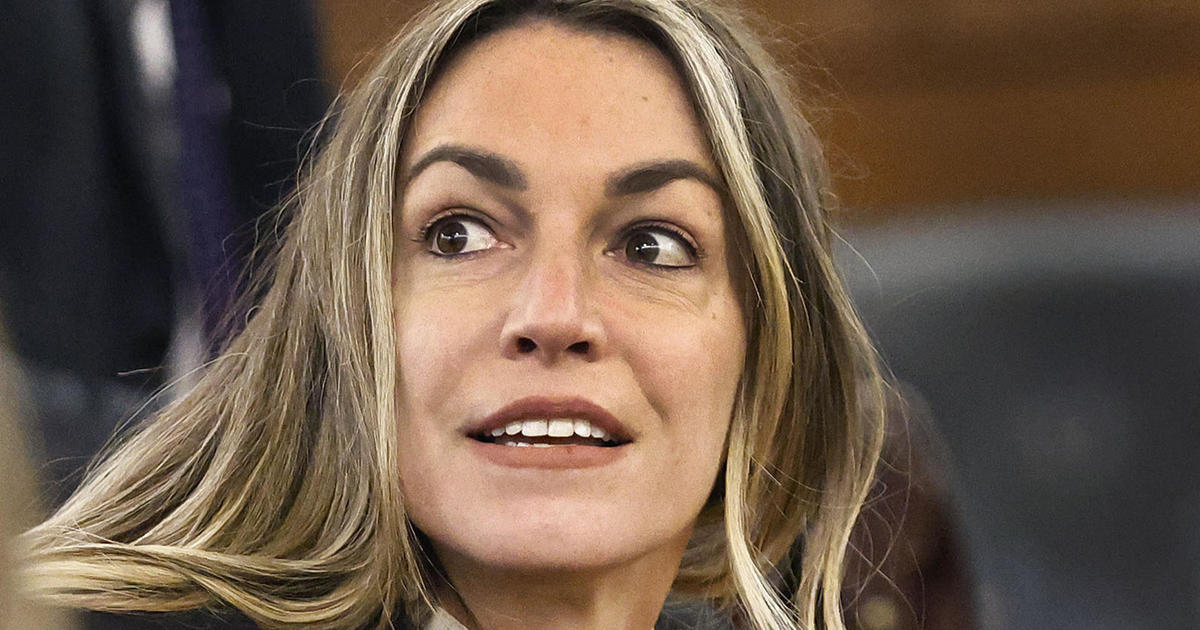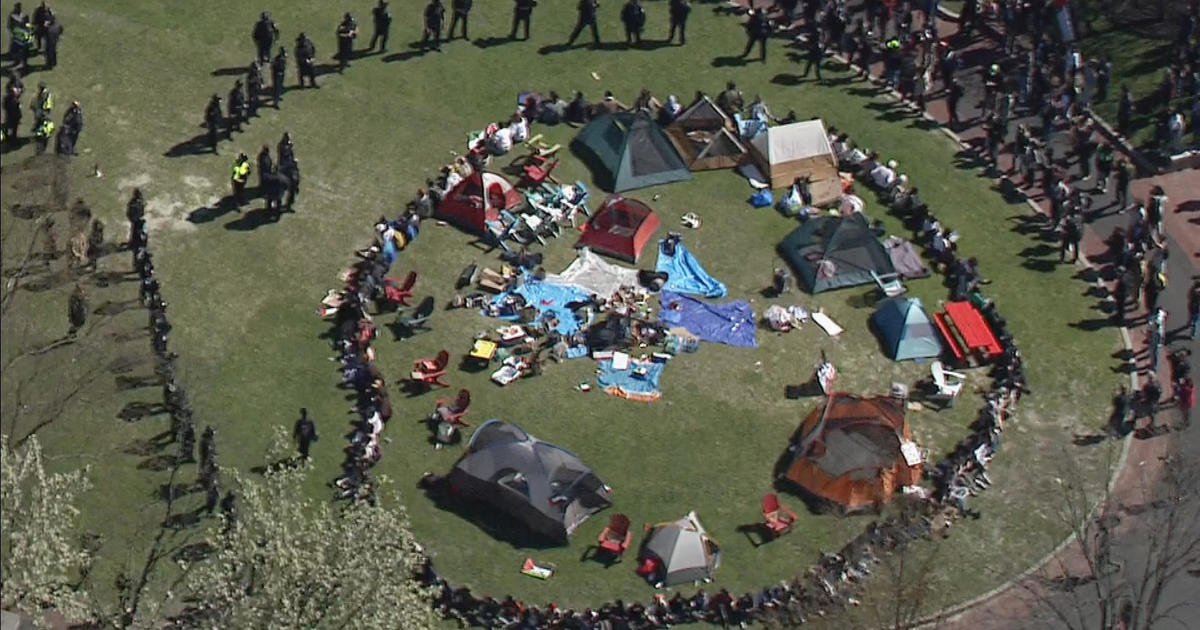Keller @ Large: You Do The Math
BOSTON (CBS) - What's that? You're hopelessly confused by the delegate math in the presidential race?
Join the club. Even some of the candidates (come on down, Donald Trump!) have been slow to figure it out.
Let's start with the GOP race, where Ted Cruz's big win in Wisconsin means Trump has to win about 60 percent of the remaining delegates to clinch that first-ballot nomination at the convention.
No problem, with his home state of New York and its 95 delegates up next, right?
Wrong. Most of those are awarded proportionately. Cruz or John Kasich get delegates too if they hold Trump under 50 percent statewide or in any congressional district.
And if Trump can't reach the magic 1,237 number by the convention, delegates are released to vote for whomever they choose. That's why Cruz is so aggressively stacking state delegations with his backers, even if they're obligated to vote for Trump on the first ballot.
In the Democratic race, we hear a lot about superdelegates. Who are they and why are they so important?
Democratic superdelegates are party officials, former officeholders and state party operatives, folks like that.
They can vote for whoever they want to.
So while Hillary Clinton only holds a 690 delegate lead over Bernie Sanders, she has public support from 469 superdelegates, while Sanders has only 31 behind him.
Hmm....do both party systems seem like they favor party insiders and give more control to the establishment?
Bingo, that's exactly why they're setup that way.
